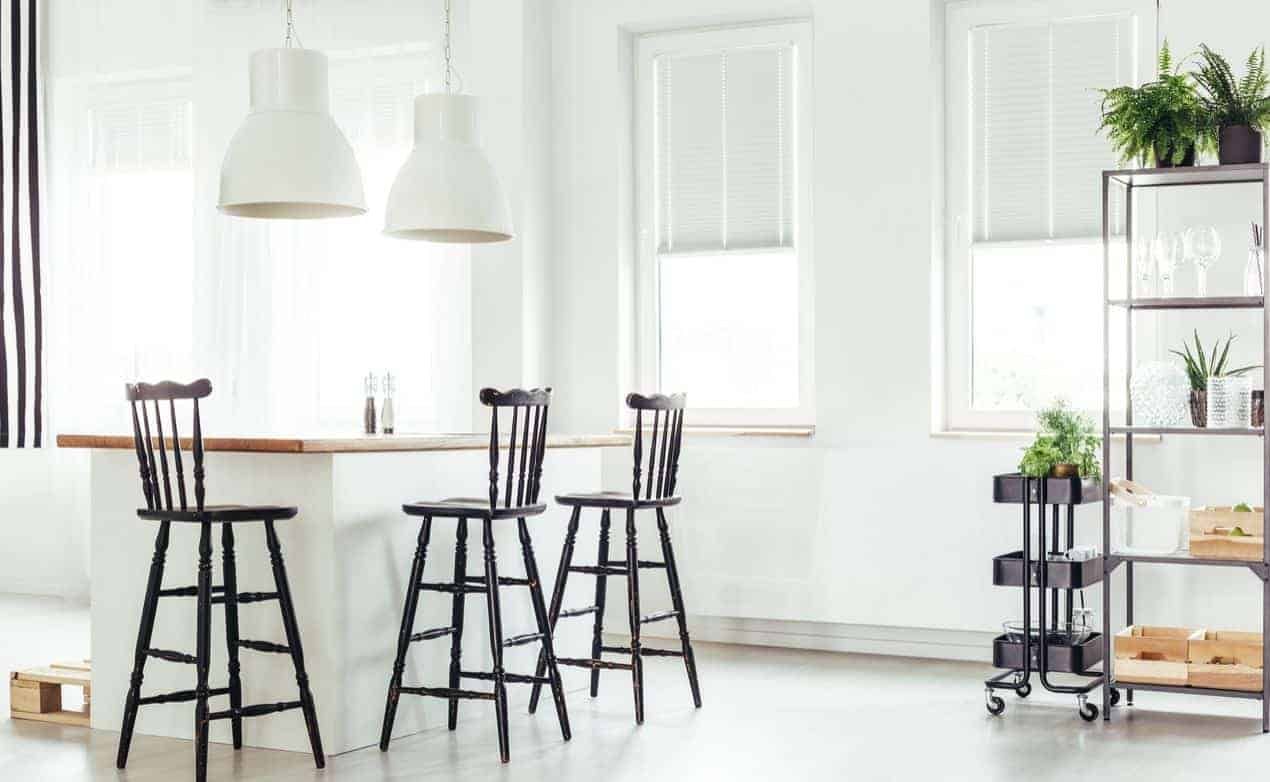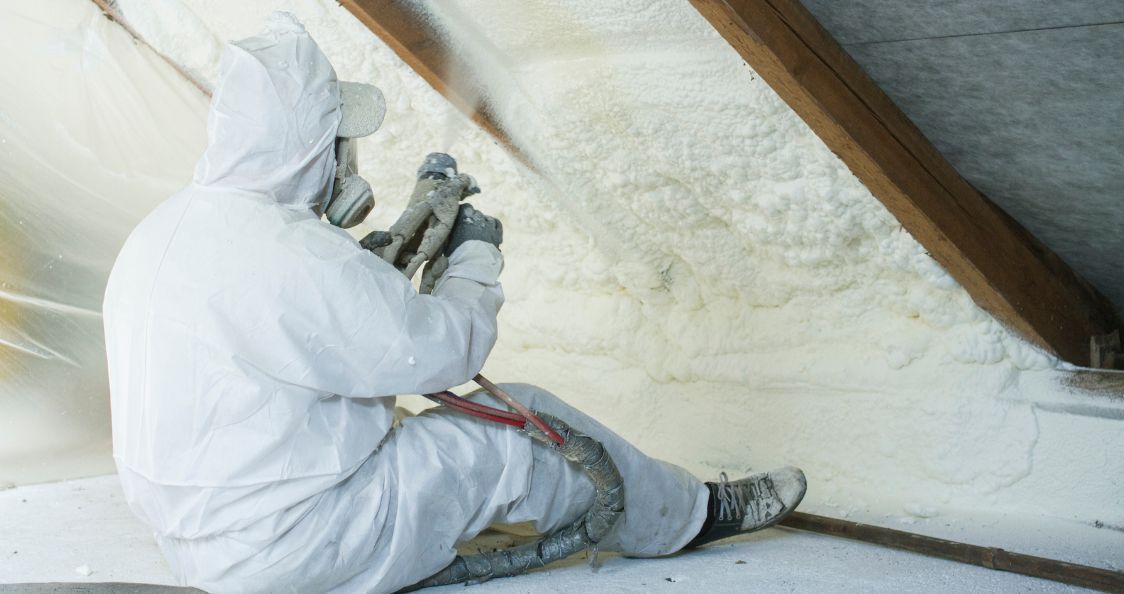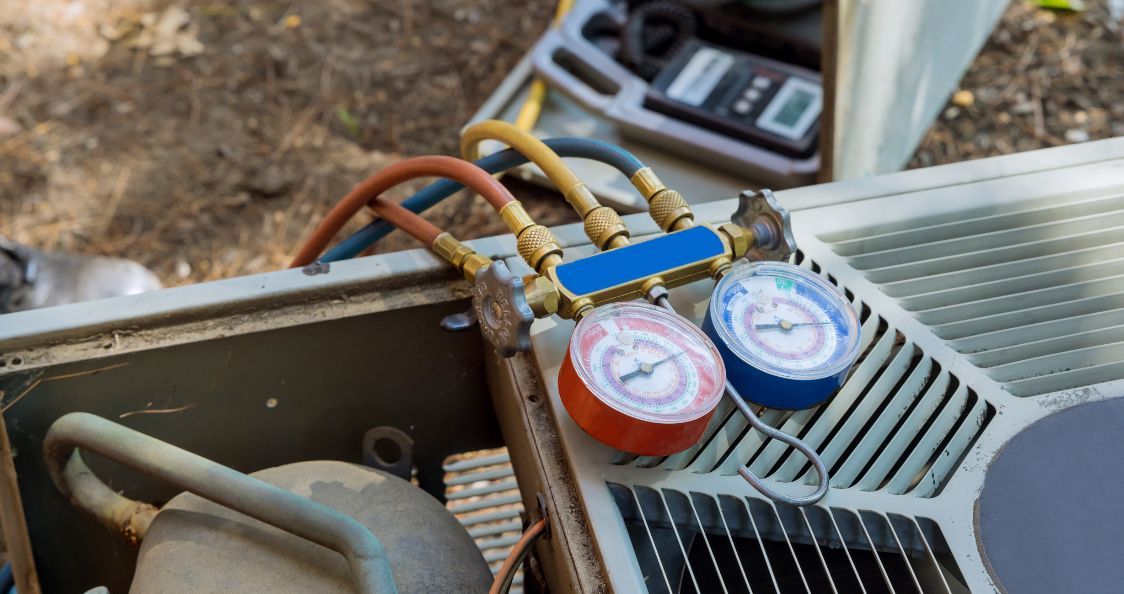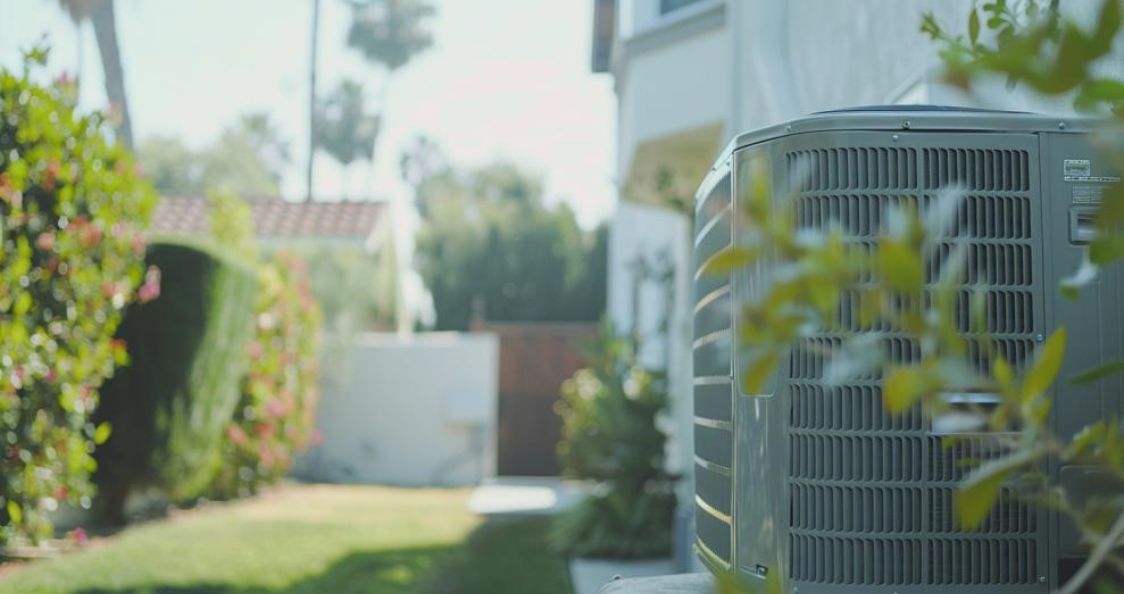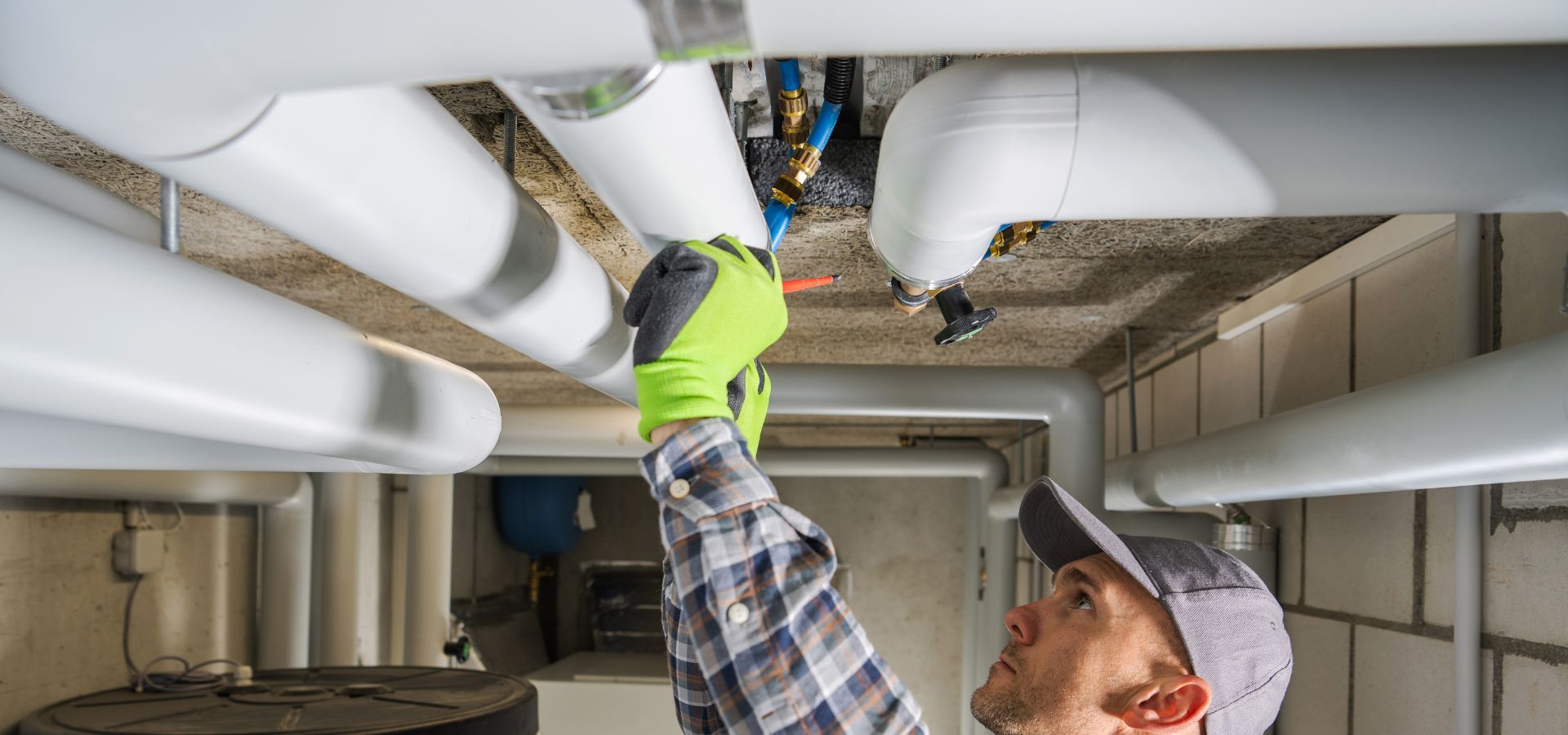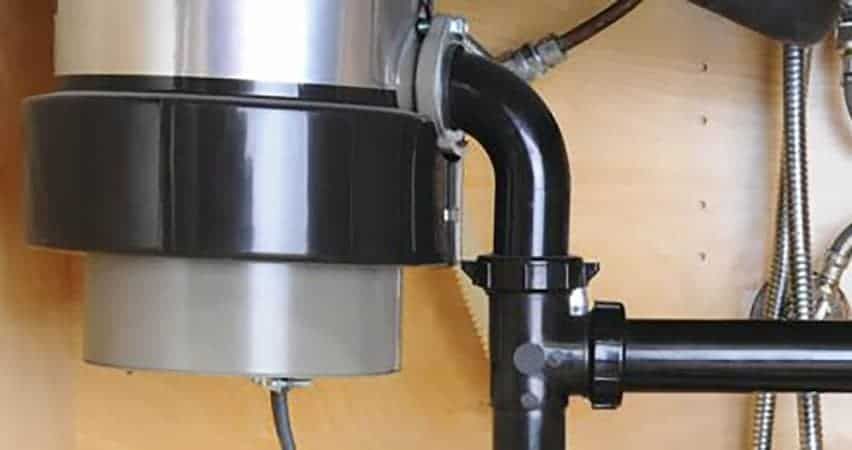
A Guide To Garbage Disposals
This guide to residential garbage disposals may end up being priceless to you, because it will enable you to keep yours in proper working order. A broken or clogged disposal turns into a major headache; here are some things you can do to increase its lifespan through proper usage and maintenance.
Proper usage guide
Most garbage disposals won’t grind every kind of food. Things like potato skins, egg shells, coffee grounds, or corn husks will not be adequately broken down and washed away by the average residential garbage disposal. Potato skins and egg shells can stick to pipe walls, and corn husks may tangle in the blades. Even foods that seem benign like rice or pasta can cause stubborn, sticky clogs.
Always run the cold water before turning the disposal on, and let it run for 20-30 seconds after you switch it off, to make sure all particulate remaining gets washed away. We recommend not leaving sponges, dish cloths, scrubbers, utensils or silverware in the sink basin on the disposal side, because it is easy for them to fall down the disposal and cause damage.
Maintenance guide to garbage disposals
Every month, you can clean and refresh the disposal by pouring a few tablespoons of baking soda down the disposal, followed by white or cider vinegar, then let the mixture sit for an hour. After the time is up, run the hot water into the other side of the sink for a few minutes then switch it to the disposal side, and let the hot water flush the baking soda and vinegar mixture down through the pipes. The chemical reaction between the two will effectively clean, clear and deodorize your kitchen plumbing and disposal. The foaming action will break up any remaining food or fat deposits in your pipes.
Yearly, you should throw a large or even double handful of ice cubes down the disposal and run it with cold water. The ices cubes sharpen the blades of the disposal as they are ground up, which makes your disposal more efficient.
We also suggest checking under your sink periodically for leaks, or moisture and dampness that indicate them. Sometimes leaks occur between the kitchen plumbing, dishwasher and garbage disposal, and these leaks can damage walls, floors and cabinets if not detected and repaired. They can also cause mold and mildew growth.
If you would like more information as a guide to your garbage disposal, please contact us at Clarke & Rush. We’ve provided quality Plumbing services for Sacramento and the surrounding areas for over 50 years.
Other Blogs You May Be Interested In
Categories
- About Clarke & Rush (2)
- AC Repair (1)
- AC Replacement (8)
- AC unit Maintenance (14)
- Air Quality (3)
- Boilers (1)
- Commercial HVAC (4)
- Commercial Plumbing (2)
- Furnace (3)
- Furnace Maintenance (2)
- Furnace Repair (4)
- Green Homes (3)
- Gutter Repair (1)
- Gutter Replacement (5)
- Heat Pump (1)
- Home Energy Tips (3)
- Home Improvement (6)
- HVAC (17)
- HVAC Replacement (7)
- Insulation (3)
- Kitchen Plumbing (2)
- Plumbing (4)
- Plumbing Problems (9)
- Reducing Energy Costs (6)
- Repiping Services (3)
- Residential HVAC (48)
- Residential Insulation (4)
- Residential Plumbing (33)
- Residential Windows (6)
- Sewer Line (2)
- Uncategorized (10)
- Water Heaters (5)
- Water Line Repair (1)
- Water Treatment (1)
- Window Installation (8)
- Window Instllation (2)
- Window Replacement (7)
- Windows (8)


